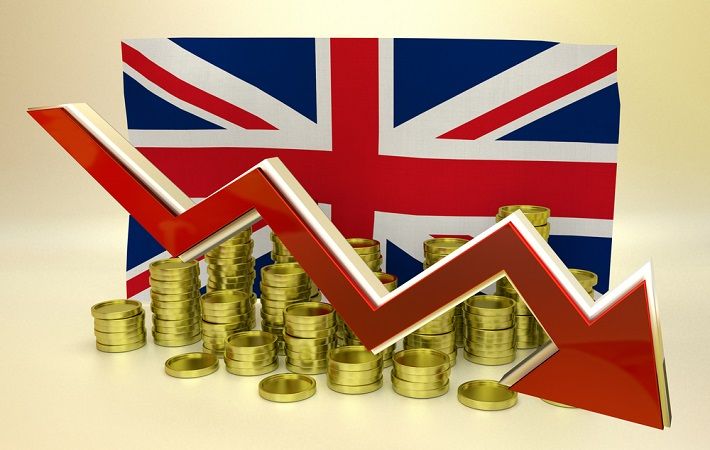
It was the consecutive sixth month of growth.
And as the British government's furlough scheme that has supported millions of private-sector jobs during the pandemic comes to an end on September 30, a spike in unemployment is obvious. The country has more than a million job vacancies despite the furlough scheme supporting jobs at a cost of almost £70 billion.
ONS said Britain's total economic output remains 2.1 per cent below its pre-pandemic level in February last year. Finance minister Rishi Sunak, however, expressed optimism over the recovery. "I am confident that... we'll continue to recover from the pandemic, we'll see more new jobs, and we will build back better," he said in a statement.
Separate official data from the European Union (EU) last week showed that imports of goods from the trade bloc into Britain dropped in July.
The UK economy had rebounded by 4.8 per cent in the April-June quarter, as the government began relaxing lockdown restrictions.
A resurgence in COVID-19 cases owing to the fast-spreading Delta variant around the world is severely disrupting the global supply chain, while Britain’s divorce from the EU has exacerbated the problem in the United Kingdom.
"After many months during which the economy grew strongly, making up much of the lost ground from the pandemic, there was little growth overall in July," ONS statistician Jonathan Athow added.
Costs will continue to spike this year in the country because of the ‘persistent’ pandemic, Bank of England (BoE) governor Andrew Bailey warned recently.
The BoE expects British annual inflation to temporarily spike to 4 per cent in the fourth quarter, double the current rate.
ALCHEMPro News Desk (DS)
Receive daily prices and market insights straight to your inbox. Subscribe to AlchemPro Weekly!